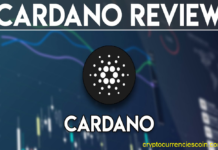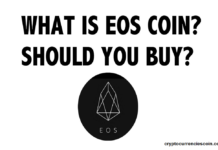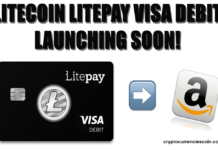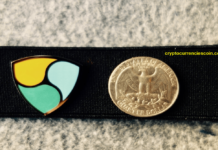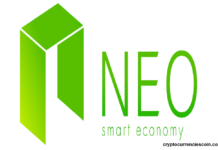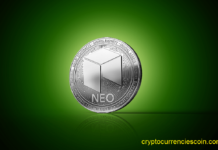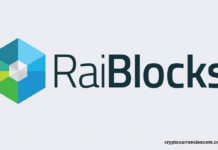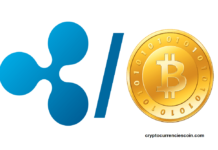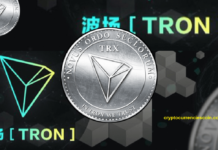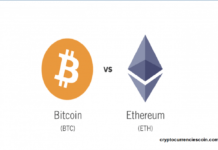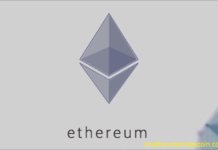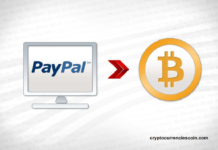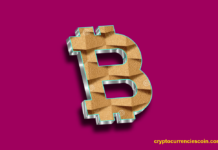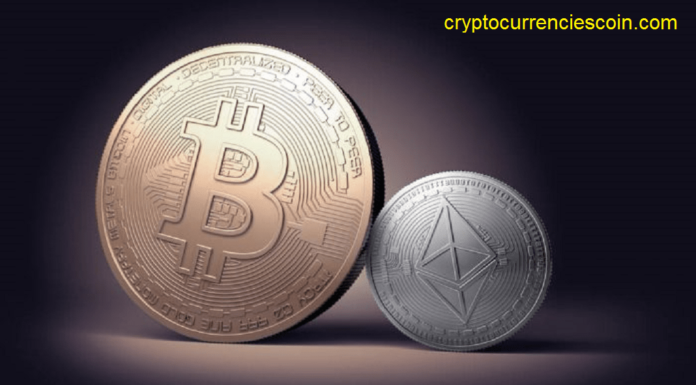As the digital currency advertise keeps on developing in notoriety, we’re seeing the blockchain being utilized as a part of more ways. From cryptographic money to keen contracts to CryptoKitties, the ramifications of this innovation are developing rapidly. Strikingly enough, we’re additionally looking as a few nations get into the crypto space. Actually, Iran as of late reported that it will dispatch its very own cryptographic money, following late news of Venezuela doing likewise. Today, we’ll discuss the declaration, what Iran and Venezuela have in like manner, and regardless of whether we’re probably going to see more national digital currencies being made by government elements.
Iran Will Likely Launch A Cryptocurrency Soon
As per different reports, Iran is right now considering thinking of its own national digital money. The news comes after the clergyman of Iran’s Ministry of Information, Mohammad-Javad Azari Jahromi, tweeted the accompanying (beneath is an interpreted rendition of the tweet):
“In a gathering with the directorate of Post Bank on computerized monetary standards in light of the blockchain, I… endorsed… measures to execute the nation’s first cloud-based advanced cash.”
The tweet above is a reasonable suggestion to take action, illuminating Iranian natives and also others that Iran is at present during the time spent making its own cryptographic money. Right now, there is no news regarding what this cryptographic money will be called. In any case, the most intriguing element in the greater part of this is the way that it is Iran that is making the digital currency right away after Venezuela’s activity in the business.
What Iran And Venezuela Have In Common
Both Iran and Venezuela are keen on the universe of digital money, yet that is not by any means the only thing that the two nations have in like manner. Actually, both of these nations are the subject of exchange sanctions from the United States.
Because of these authorizations, organizations and purchasers in the United States are not lawfully ready to work with organizations or buyers in either Venezuela or Iran. Also that numerous partners of the United States take action accordingly when the United States forces sanctions. Thusly, these approvals are making a money related crush on both Iran and Venezuela. Consider it like a blacklist on a gigantic scale. The organization, or for this situation nation, that encounters the blacklist, feels budgetary weight.
Things being what they are, the reason is this essential?
At first look, it might appear just as the possibility that Iran and Venezuela are developing their own digital currencies isn’t that a lot of a major ordeal. Be that as it may, these activities could shape the way budgetary weights are put on countries later on.
Cryptocurrency might be a path for these nations to work around sactions. All things considered, digital currency may give an undercover manner by which these nations can work with generally restricted districts. In an announcement, Stavros Lambouris, CEO at HYCM Europe, an expedite that backings the exchanging of cryptographic money, as of late said all that needed to be said when he stated:
“Since cryptographic money depends on a decentralized framework that gives secrecy, it is conceivable that they could be utilized as a workaround to exchange sanctions. Along these lines, it’s nothing unexpected to see that countries under approvals are hoping to create cryptographic forms of money of their own.”
On the off chance that these recently framed cryptographic forms of money do end up being a path for Iran and Venezuela to effectively get to capital in business sectors where they are limited, nations around the globe would be compelled to figure out how to square decentralized exchanges that start in authorized locales. This could turn out to be overwhelmingly troublesome.
Iran And Venezuela Do Have One Big Hurdle
In the event that Iran and Venezuela are hoping to utilize digital money as a route around sanctions, there is one thing that they will need to take a shot at. By the day’s end, the blockchain isn’t scaled sufficiently expansive to deal with the measure of exchanges that would need to happen for this to wind up an important advantage to these districts. While propelling digital currencies may have a few residential advantages, in light of the capacities of the blockchain as we probably am aware it today, crypto isn’t probably going to function as a route around sanctions yet.
Will Others Jump On The Bandwagon
There’s no telling what number of alternate nations as of now under exchange sanctions are thinking about propelling their own particular digital currency. On the off chance that this does in reality turn out to be a route around sanctions, we could see it in different locales around the globe, putting weight on the United States to figure out how to drive authorizations to develop with the fiscal framework.





